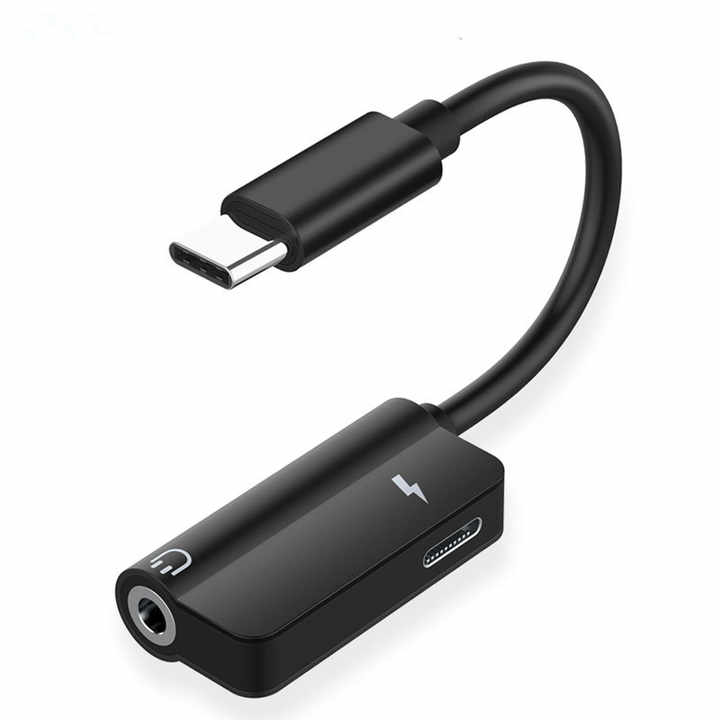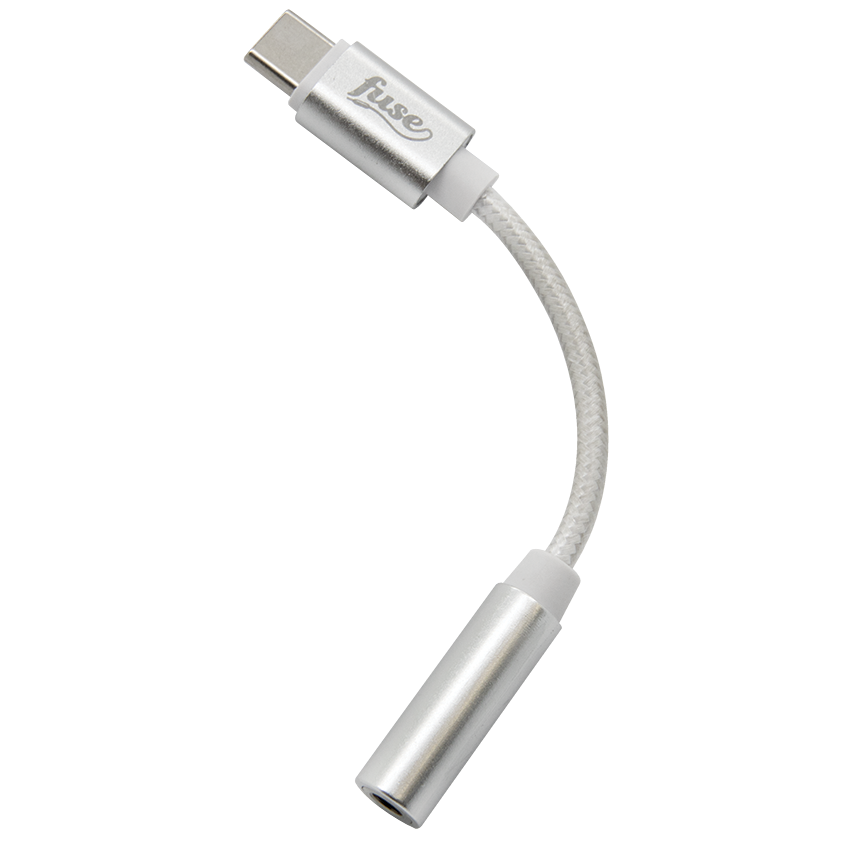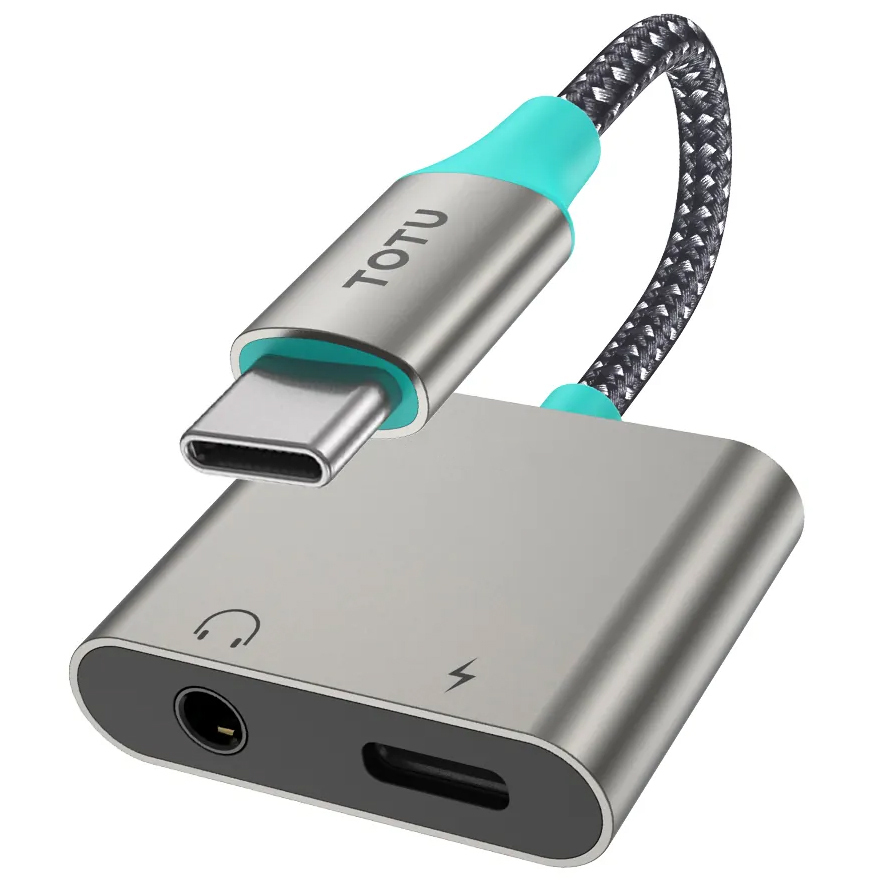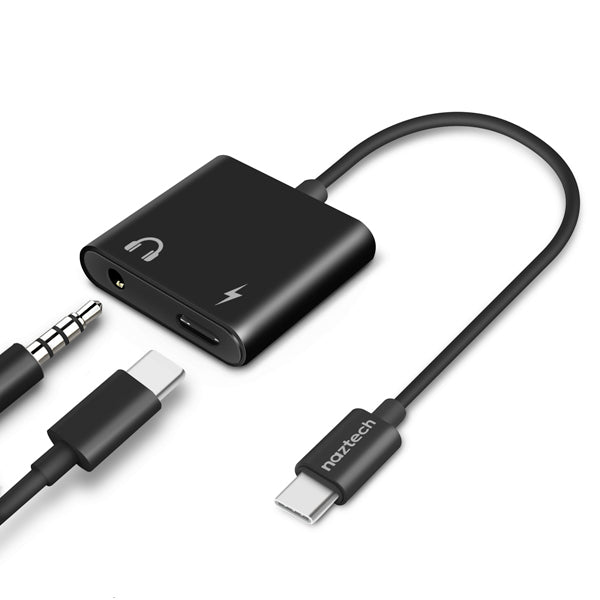Introduction to USB-C Headphone Adapters
The era of the 3.5mm headphone jack is fading. Enter the USB-C headphone adapter, a must-have for music lovers with a modern smartphone. This nifty gadget connects traditional headphones to USB-C ports. As the name suggests, it adapts the audio connector from the standard jack to a USB-C plug.
Most new smartphones now come with USB-C ports. Gone are the days of multiple audio jacks, with USB-C becoming a one-stop for charging and audio. The result? The rise in demand for USB-C headphone adapters. They are small, portable, and often a cheaper alternative to wireless options.
When shopping for a USB-C headphone adapter, it’s key to note that not all are made the same. Some offer basic functionality, while others boast additional features. Key points include audio quality, build quality, and compatibility with various devices. Considering these aspects ensures you get an adapter that meets your needs.
In the following sections, we’ll delve into the features to consider. We will also introduce some recommended products and provide tips for usage and troubleshooting.

Key Features to Consider
When seeking the best USB-C headphone adapter, there are several key features you should weigh. These include audio quality, build quality, and device compatibility. Each feature is vital to ensure you enjoy your audio experience to the fullest.
Audio Quality
Your listening experience hinges on audio quality. Look for adapters with built-in DACs (Digital-to-Analog Converters). They ensure high-resolution audio playback. Avoid adapters without DACs, as they may compromise sound. Check for supported audio codecs, such as aptX or AAC, that deliver better sound quality over Bluetooth.
Build Quality
Durability is critical. Your USB-C headphone adapter will be used on the go, so it must withstand wear and tear. Select adapters with a strong cable and sturdy connectors. Some adapters come with braided cables that resist tangling and damage. A quality adapter lasts longer and saves money over time.
Compatibility
Finally, check the adapter’s compatibility with your devices. Some are designed for specific brands or models. Others have a broader compatibility range. Ensure the adapter works with your smartphone, laptop, or tablet. Reading user reviews can provide insight into compatibility issues with certain device types. Keep an eye out for mention of firmware updates that enhance compatibility.
Top Picks for USB-C Headphone Adapters
When it comes to selecting a USB-C headphone adapter, the market offers a broad variety. To help narrow down your options, we’ve compiled some top picks to cater to different needs and budgets. Here we categorize them into budget-friendly and premium selections.
Budget-Friendly Options
For those who want quality without breaking the bank, there are several affordable adapters. Look for those without fancy features but with reliable audio conversion. They should have a decent DAC and offer stable sound quality. Ensure they are made of durable materials, even at a low cost.
Budget-friendly choices often have simple designs. They usually handle standard audio tasks well. They’re great for daily use, frequent travelers, or anyone on a tight budget. Remember to check compatibility with your device to avoid any connectivity issues.
Premium Models
Premium adapters often boast superior DACs and high-resolution audio support. These models may also come with additional features, such as multiple connectivity options or built-in amplifiers.
They are typically designed with higher-end materials. Some premium adapters offer noise cancellation features or special audio enhancements. They cater to audiophiles or users who want the best sound experience from their devices.
When opting for a premium USB-C headphone adapter, it’s worth checking for the latest technology. This ensures a future-proof investment. Reading user reviews and checking for warranties can be beneficial. They signal the manufacturer’s confidence in their product’s performance and durability.
By weighing budget, desired features, and device compatibility, you can choose an adapter that best fits your audio needs.

How to Use a USB-C Headphone Adapter
Using a USB-C headphone adapter is simple. First, ensure your device has a USB-C port. Next, plug the adapter into the USB-C port. Connect your headphones to the adapter. Your device should recognize the headphones automatically. If not, check your sound settings. Adjust the volume and settings as needed for optimal audio.
Troubleshooting Common Issues
Despite their utility, users might encounter some issues with USB-C headphone adapters. Handling these effectively ensures uninterrupted audio enjoyment. Here are common troubles and how to fix them.
Incompatibility Errors
Often, adapters may not work with certain devices. To solve this, first, check if your device supports USB-C audio output. Consult your device’s user manual or specifications online. If compatibility is confirmed but issues persist, try updating the device’s firmware. This can resolve many compatibility problems.
Poor Audio Quality
If audio quality is below expectation, check if the adapter supports necessary audio codecs. Adapters lacking proper DACs or codecs can degrade sound. Consider buying a higher-quality adapter with a robust DAC. Also, ensure the music file or streaming quality is high to get the best out of your adapter.
Connection Issues
Loose connections can disrupt audio transmission. Ensure the adapter is firmly plugged into the USB-C port. If problems continue, inspect both the USB-C port and the adapter for any physical damage. Sometimes, dirt or debris in the port can also cause issues. Cleaning the port gently with a small brush might help.
Recognizing Device
Sometimes, the device may fail to recognize the adapter. A simple reboot of your device can often fix this. Disconnect the adapter, restart your device, and reconnect. If this does not work, checking sound settings and permissions in your device’s settings may be necessary.
Troubleshooting these common issues can often restore function and enhance your listening experience with a USB-C headphone adapter. Remember, buying quality adapters and handling them with care can prevent many of these problems.
Future Trends in USB-C Audio Technology
The USB-C headphone adapter space is fast evolving, riding on the back of advancing technologies. Here’s what the future may hold:
Enhanced Audio Quality
Future adapters are likely to feature cutting-edge DACs, supporting even higher-resolution audio. Manufacturers could also add advanced audio codecs to further improve sound across various genres.
Improved Build Construction
As the demand for durable gadgets grows, expect to see even tougher build materials for adapters. Design enhancements may include water-resistance and shock-proof features. This could extend the life of your USB-C headphone adapter.
Universal Compatibility
The push for universal standards may lead to broader compatibility. Future adapters could work seamlessly across all devices, eliminating the need to buy device-specific models. A ‘one adapter fits all’ trend might take off.
Integration of Smart Features
Smart technology might come to the forefront. We could see adapters with embedded chips that allow for firmware updates and customization of audio settings. Voice control capabilities could also be integrated.
Wireless Charging Integration
With wireless charging becoming more common, future USB-C adapters might incorporate this technology. This way, you could charge your device while using wired headphones without any extra dongles.
Keeping an eye on these trends will help you choose a USB-C headphone adapter that not only meets your current needs but also is a smart investment for the future. By staying informed, you future-proof your purchase and ensure a continual, high-quality audio experience.

Conclusion: Making the Right Choice
Choosing the right USB-C headphone adapter is essential for a great audio experience. Here’s a recap to help you make an informed decision:
- Focus on Audio Quality: Opt for adapters with DACs for clear sound. Look for supported audio codecs.
- Check Build Quality: Pick adapters with strong cables and sturdy connectors. Durability matters.
- Ensure Compatibility: Make sure the adapter fits your device. Read reviews for user experiences.
- Consider Your Budget: Decide if you want a budget-friendly option or a premium model. Balance cost and features.
- Plan for the Future: Keep an eye on trends. Choose an adapter that can adapt to new technologies.
Remember to test your USB-C headphone adapter when you buy it. If you face any issues, try the troubleshooting steps provided earlier. With the right adapter, you’ll enjoy high-quality audio from your devices anytime, anywhere. Keep it simple, focus on key features, and choose wisely for the best results.
